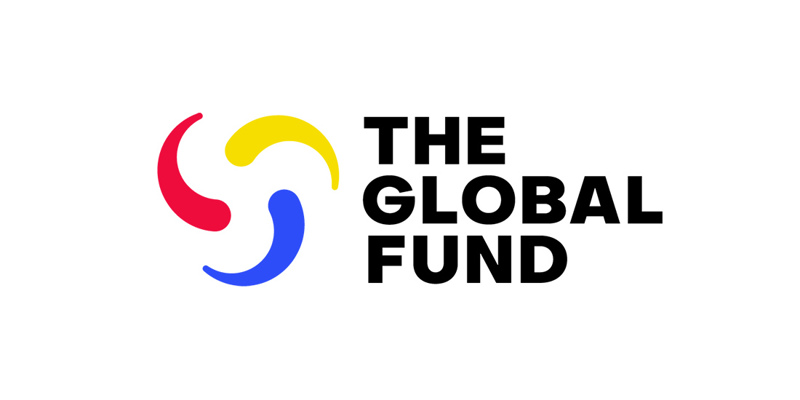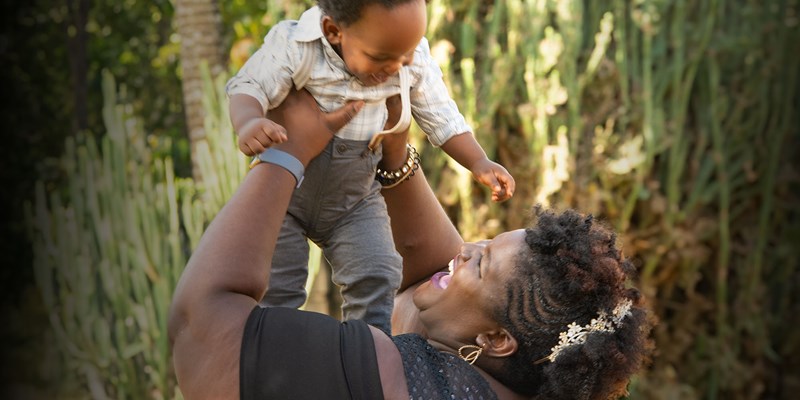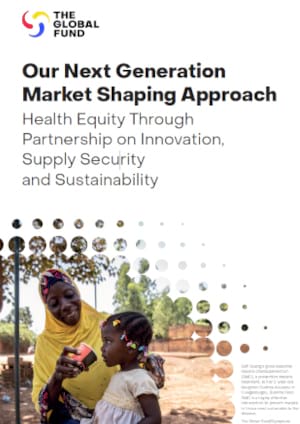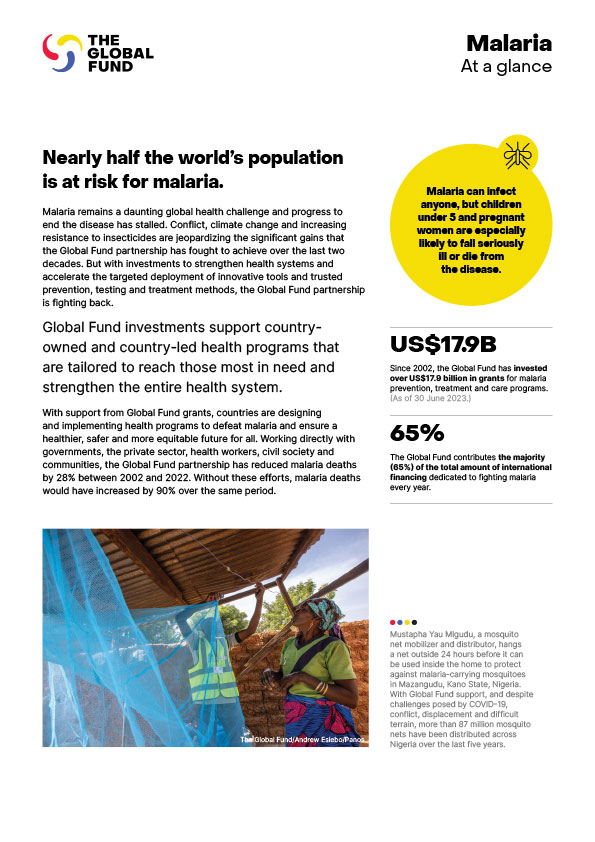

Bryanna Nicole Camey From Guatemala City, Guatemala
Bryanna Nicole Camey studied business, but never managed to get a job in her field. She says this is “because of the way people look at me.” Faced with stigma and harassment, Bryanna, like many transgender women in Guatemala, makes a living as a sex worker.
“When people stigmatize you, the best thing is to ignore it and go on with your life, because after all, life is but the blink of an eye,” she says.
In addition to facing violence and discrimination, transgender women are 34 times more likely to acquire HIV than other adults globally. They face barriers accessing health services, and the COVID-19 pandemic has made this worse.
Due to lockdown measures, the health center where Bryanna got tested for HIV closed its doors.
“It was like the end of the world for many of us. We were afraid because we had to continue working and we had lost our support groups,” she says.
To maintain testing services, the Global Fund works with community-based organizations Colectivo Amigos Contra el Sida (CAS) and Organización Trans, Reinas de la Noche (OTRANS) to provide HIV self-testing kits. The kits are promoted on social media and delivered by post.
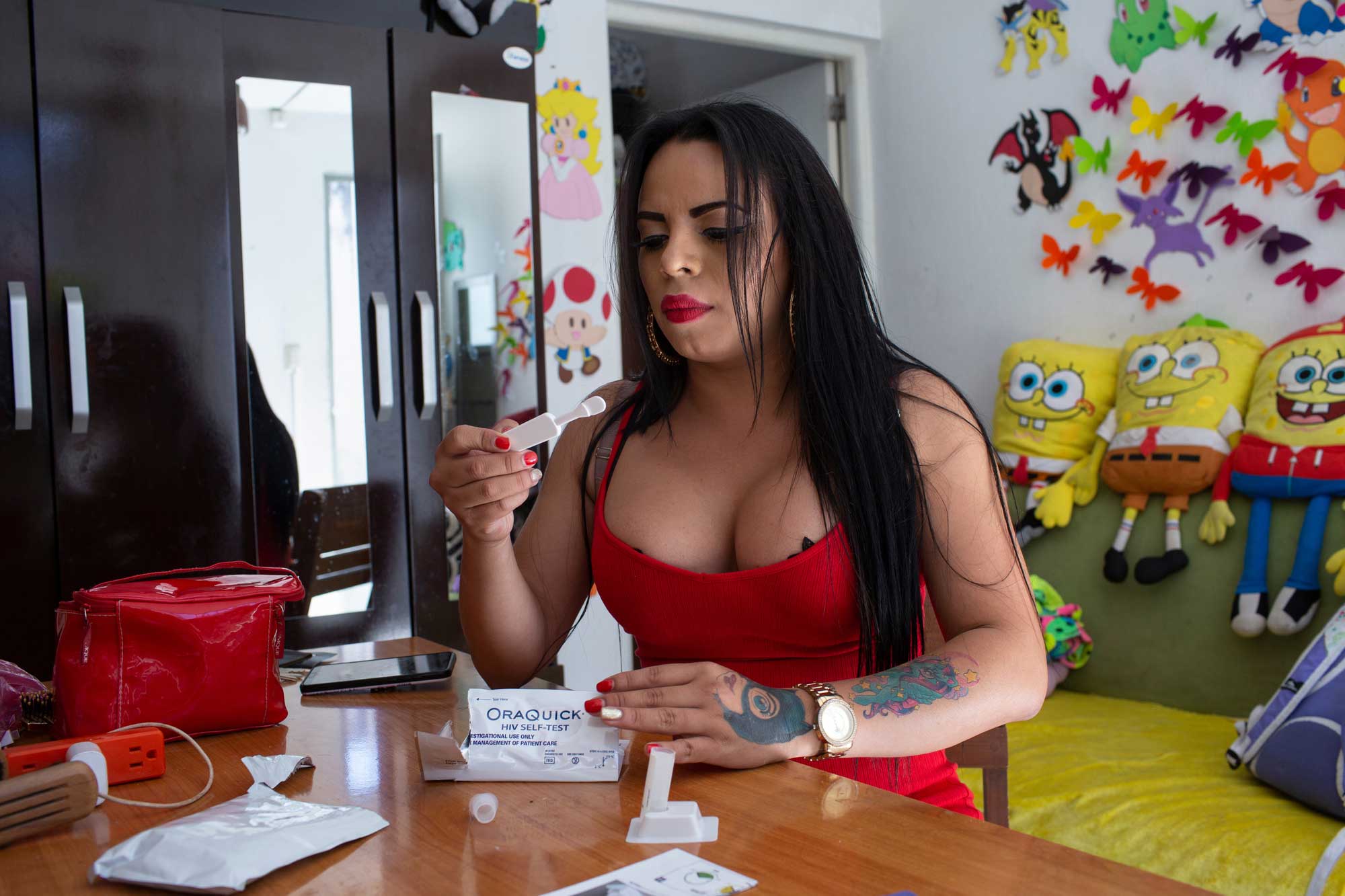
Copyright: The Global Fund/James Rodriguez/Panos
Bryanna has used the self-tests herself and spreads the word to other members of her community. Self-tests give people who otherwise may not get tested an option that is safe, confidential and convenient. They are easy to perform, accurate and fast and have been an important tool to mitigate the impact of COVID-19 on the fight against HIV.
Between 2021 and 2023, the Global Fund will invest US$60 million in HIV self-testing – a fourfold increase compared to the previous three-year period.

